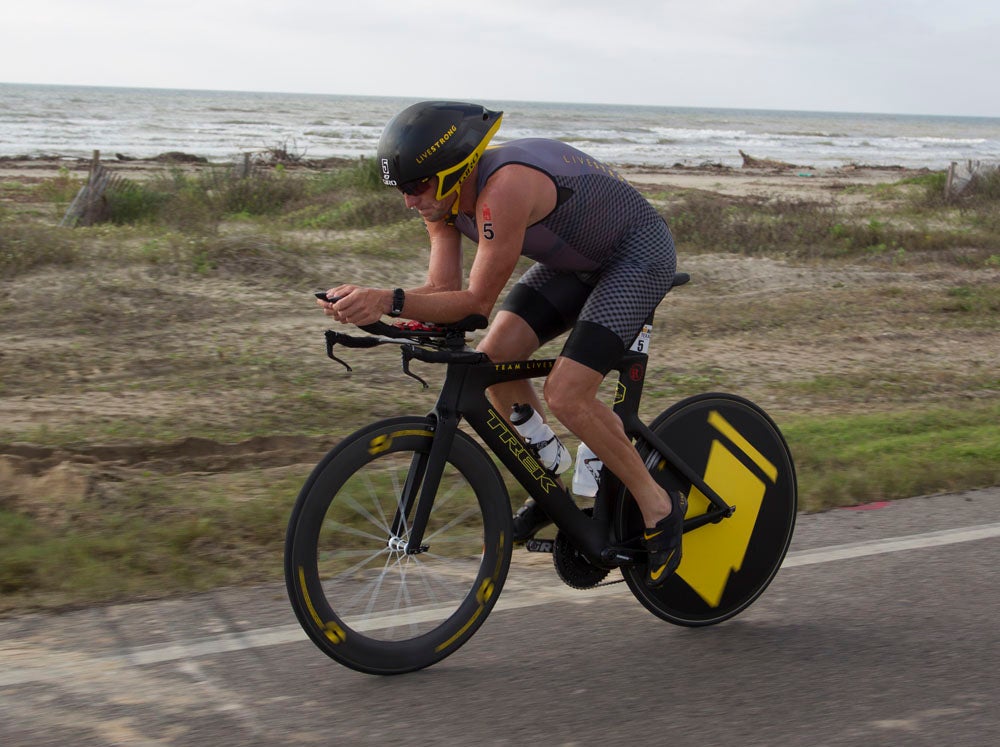Will Armstrong Fight USADA Charges?

Photo: Andrew Loehman
In my mind, I’m truly done. You can interpret that however you want. But no matter what happens, I’m finished. I’m done fighting. I’ve moved on. If there are other things that arise, I’m not contesting anything. Case closed.”
—Lance Armstrong, in the June 2012 issue of Men’s Journal, on the prospect of a potential fight to clear his name of doping charges after a federal investigation was dropped.
This case is anything but closed.
After U.S. Attorney André Birotte Jr. dropped a federal investigation into alleged doping at the U.S. Postal Service team, Lance Armstrong said he wouldn’t spend any more time fighting allegations that he doped to win his seven Tours de France. Just minutes after a flurry of fresh doping allegations were made public Wednesday, Armstrong came out swinging.
“These charges are baseless, motivated by spite and advanced through testimony bought and paid for by promises of anonymity and immunity,” he said in a statement.
“I have never doped, and, unlike many of my accusers, I have competed as an endurance athlete for 25 years with no spike in performance, passed more than 500 drug tests and never failed one.”
Armstrong faces a passel of United States Anti-Doping Agency allegations made public on Wednesday, when The Washington Post printed excerpts from a 15-page USADA letter to Armstrong dated June 12.
The most piercing accusations in the letter claim that Armstrong, team doctors and team manager Johan Bruyneel participated in a doping ring from 1998-2011, with more than 10 cyclists involved.
USADA also claims that blood tests from 2009 and 2010 were “fully consistent with blood manipulation including EPO use and/or blood transfusions,” casting a tall shadow over Armstrong’s comeback — a comeback in which it seemed he was out to prove to doubters that he could succeed clean.
Armstrong told Vanity Fair in September 2008 that he would go to great lengths to compete, but compete clean, in his comeback. He told the magazine that he’d hired a video crew to document his run-up to the tour, including an independent anti-doping testing regimen managed by Don Catlin, former director of the UCLA Olympic Analytical Lab.
“I’ll be totally honest with you,” Armstrong told Vanity Fair in 2008. “The years that I won the Tour, many of the guys that got second through 10th, a lot of them are gone. Out. Caught. Positive Tests. Suspended. Whatever.… And so I can understand why people look at that and go, ‘Well, [they] were caught—and you weren’t?’ So there is a nice element here where I can come with really a completely comprehensive program and there will be no way to cheat.”
Read more: Velonews.com